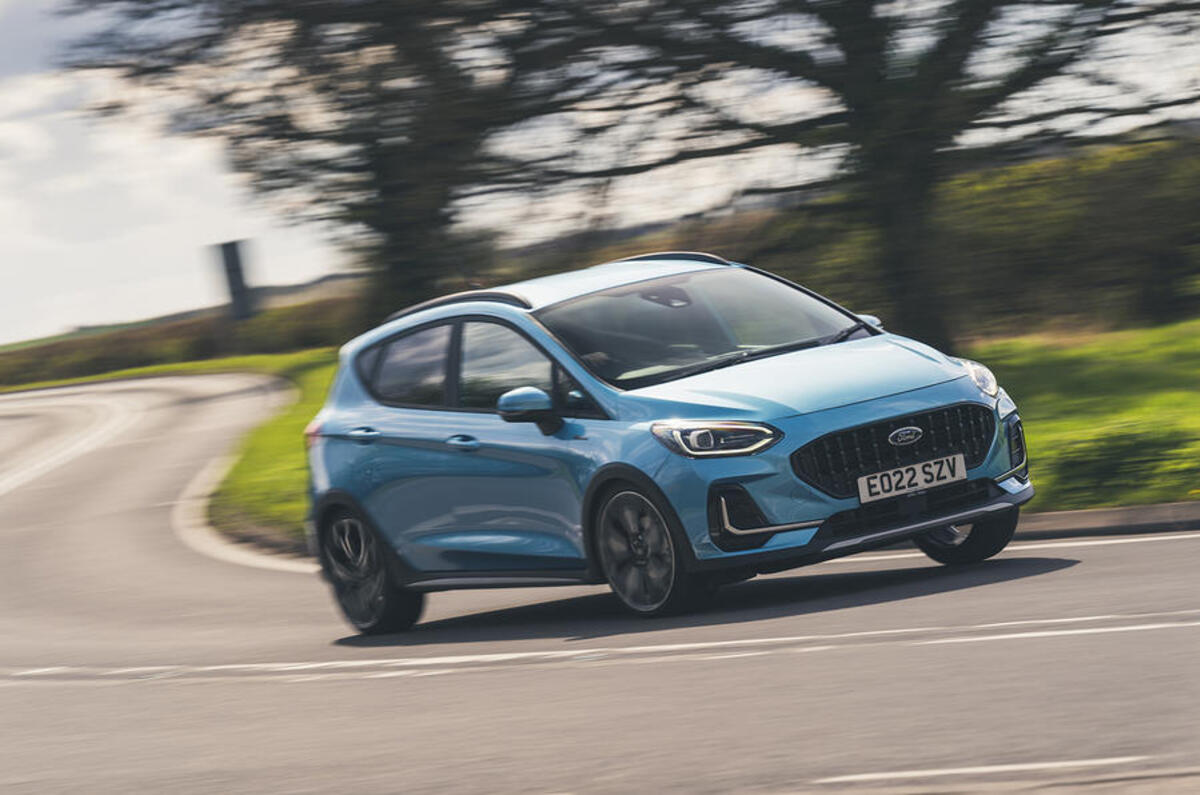Superminis and hatchbacks continue to reign supreme on the UK’s second-hand car market, as new figures from the Society of Motor Manufacturers reveal the Ford Fiesta is by far the country’s most popular used car.
In the three months from April to June, superminis made up 31.5% of used car transactions - most likely a result of soaring new car prices and the reduced availability of small, affordable new cars.
A total of 576,980 superminis were sold – 4.4% more than in the same period last year – including 75,378 Fiestas, 59,113 Vauxhall Corsas and 41,817 Minis.
The Fiesta’s continued dominance of the second-hand market comes even as Ford prepares to start building the new Explorer SUV in Cologne, Germany, where it ended production of the supermini in July.
The latest figures also point to a surge in demand for pre-owned EVs. Sales of used electric cars soared by 81.8% over the same period last year, to 30,465 units, meaning they now take a share of 1.7% of the second-hand market - an increase of 0.7% from 2022. A total of 18,437 plug-in hybrids and 53,634 hybrids also changed hands - increases of 11.4% and 29.5% respectively.
This could be explained by ex-fleet EVs entering the market as companies and businesses look to dispose of them before the September numberplate change. So far this year, business and fleet registrations have accounted for almost 79% (24,953) of the total number of new EVs registered.
SMMT CEO Mike Hawes said: “It’s great to see a recharged new car sector supporting demand for used cars and, in particular, helping more people to get behind the wheel of an electric vehicle.
“Meeting the undoubted appetite for pre-owned EVs will depend on sustaining a buoyant new car market and on the provision of accessible, reliable charging infrastructure powered by affordable, green energy. This, in turn, will allow more people to 'drive zero' at a price point suited to them, helping accelerate delivery of our environmental goals.”
The rise in market share for electric cars meant that of combustion-engined cars dropped slightly from 95.7% to 94.3% compared with last year. However, the volume of petrol and diesel cars produced increased by 2.5% and 2.8% respectively.
The used market as a whole grew by 4.1% during the second quarter, with 72,583 more transactions than in the same period in 2022, taking the total to 1,832,267. This recovery is largely due to the knock-on effects of the easing of supply chain disruptions. However, the market was still 9.9% higher in the second quarter of 2019 than 2023.








Join the debate
Add your comment
Auto car, does that 80% include cars that go onto be sold as CPI purchases to the private buyer.